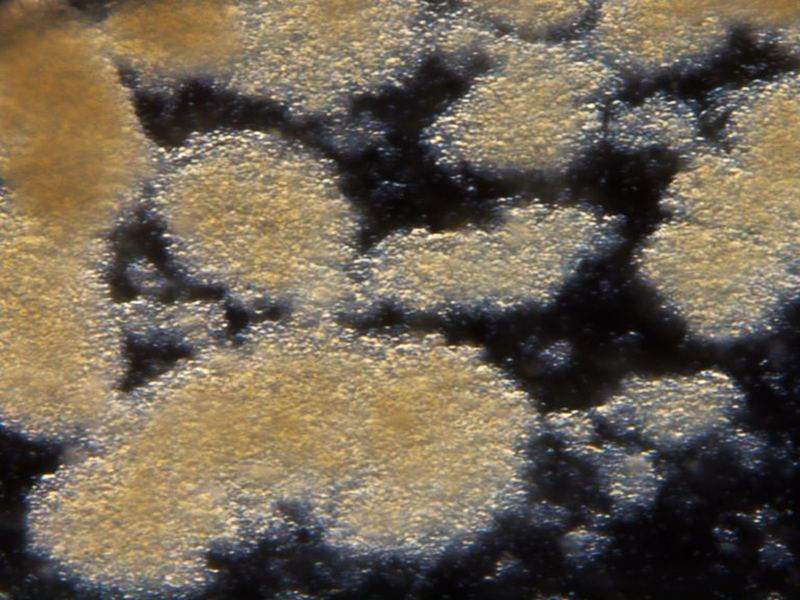
Researchers in the US have devised a technique for genetic analysis that uses a ‘natural barcode’ to track what happens to cells when they are exposed to different experimental conditions.
A single nucleotide polymorphisms (SNPs) is a variation in a single nucleotide that occurs at a specific position in the genome. SNPs are like a barcode because their pattern varies in each individual, enabling cells from a particular person to be identified.

Discover B2B Marketing That Performs
Combine business intelligence and editorial excellence to reach engaged professionals across 36 leading media platforms.
According to researchers from the Wyss Institute for Biologically Inspired Engineering at Harvard University and Harvard Medical School (HMS), this could be a fast, inexpensive and simple option to simultaneously analyse huge volumes of cells under experimental conditions.
Currently, cells extracted to carry out specific experiments need a unique tracking code, which can be time-consuming and expensive as it has to be separately integrated into each cell line.
The new approach eliminates the need for such labelling and does not require cell DNA to be modified.
Researchers combined genomic DNA extraction from a mixed pool of cells, whole-genome sequencing of the extracted DNA, and a computational algorithm that predicts the proportion of each individual cell line within the pool based on the cells’ known SNP allele profiles.

US Tariffs are shifting - will you react or anticipate?
Don’t let policy changes catch you off guard. Stay proactive with real-time data and expert analysis.
By GlobalDataThe algorithm predicts the proportions of each cell line in the pool before and after the experiment, and compares them to determine which cells are expressed differently when exposed to the condition tested.
When assessed on human B-lymphocytes, the algorithm demonstrated 100% accuracy in predicting the proportions in a pool of 50 cell lines.
HMS vascular biology professor Donald Ingber said: “This new technology harnesses the very core of what makes us who we are, the unique variations in our DNA, and crafts it into a tool that can accelerate discovery by obviating the need for analysing individual responses in multiple parallel, time consuming, and expensive experiments.”
The technique could potentially be used to determine the effect of a cancer drug on various cell lines from different patients.




